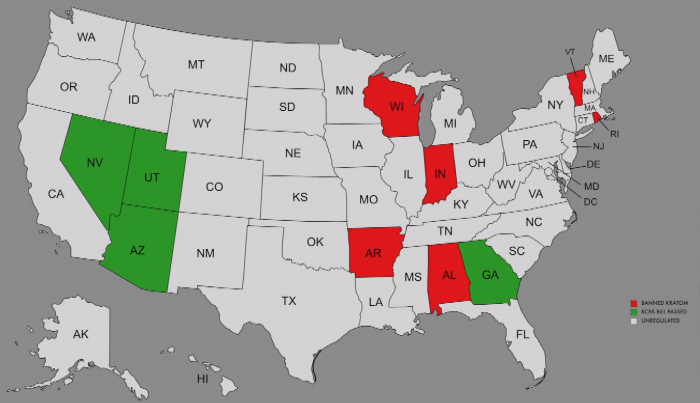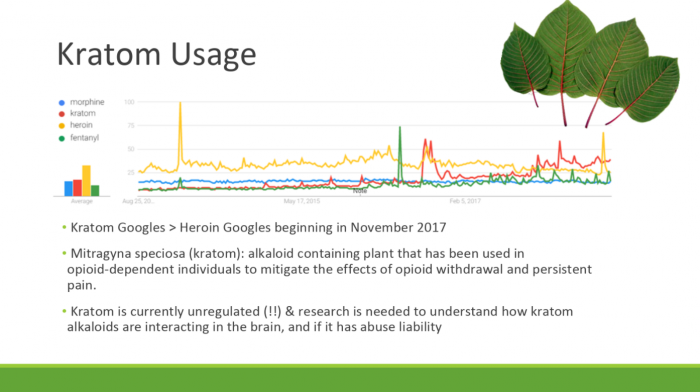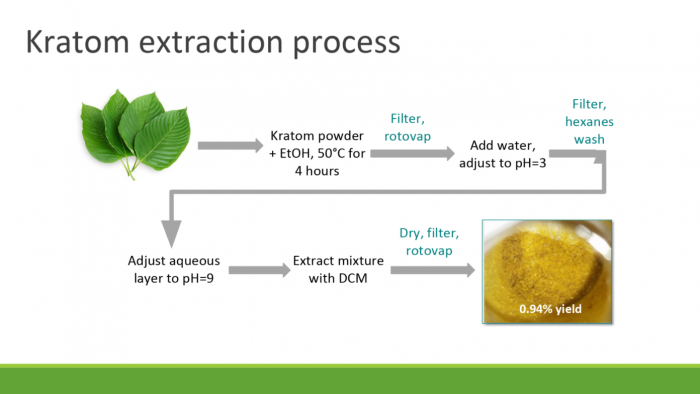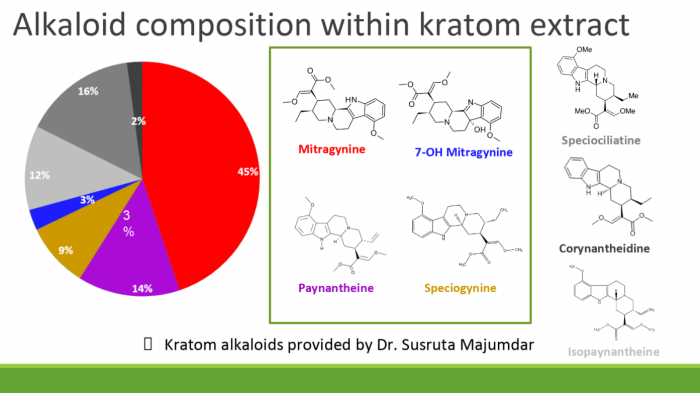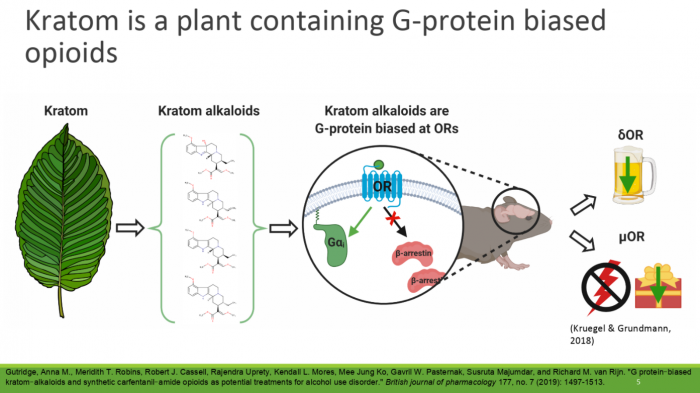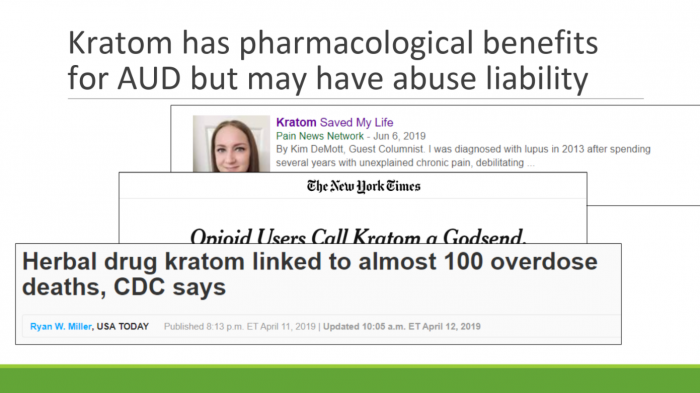Kratom is a plant from Southeast Asia and has been rumored to act as an opioid alternative. However, Indiana is one of only six states to outright illegalize the plant.
CBD shops in Bloomington have been calling for the legalization of kratom citing claims that the plant can induce effects similar to an opioid, such as heroin, without causing addiction. Some have claimed that it has helped them end their opioid addiction.
The plant is often sold in capsule form, however, it can also be bought in bags of powder or leaves. Consumers who buy Kratom as a powder typically mix it into a beverage before ingestion.
Since the plant has not seen any national regulation, it falls to each individual state to decide whether to allow or ban kratom. Most states offer no kratom regulation at all while others have legalized the plant under the terms of the Kratom Consumer Protection Act.
The four states to have passed the KCPA have legalized kratom while still maintaining control over regulations to ensure safe use for the consumer.
The KCPA aims to ensure that only approved kratom can be sold. In order for kratom to be considered approved, it has to be grown and packaged under government-set safety standards.
Purdue University Associate Professor of Medicinal Chemistry and Molecular Pharmacology Richard Van Rijn, Ph.D., urged that kratom can have adverse effects if too much is ingested. “We certainly wouldn’t recommend that people just start taking kratom,” he said. “But in my opinion, it does seem to be slightly safer than heroin or going out and buying something that you don’t know what’s in it.”
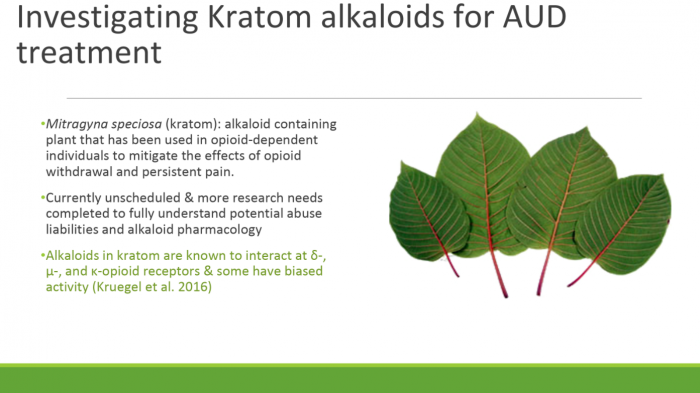
Courtesy of Prof. Van Rijn
Van Rijn said that kratom’s illegal status in Indiana is excessive for the time being. “It hasn’t been clinically tested, but it’s still very new and we’re still learning things about it,” he said.
He and his research team recently discovered that kratom may have the potential to treat alcoholism. However, they noted the need for further research to better know kratom’s interactions with the brain and the level of its abuse liability.
Hope’s Organics, a CBD and vitamin supplement shop, is waiting for Indiana to legalize kratom so that they can start carrying it in their stores. Operating with the slogan, “Because Nature Knows Best,” Hope’s Organics carries plant-derived products such as CBD and Delta-8-THC.
Arnold Adel, a sales representative at Hope’s Organics, advocated the use of natural products. “Nature has been doing all of this right for as long as we’ve existed,” he said. “So, we plan to carry kratom in our stores when it is legalized, and we think it’ll grow as people hear more about its therapeutic effects.”
Hope’s Organics emphasized that they support the use of natural products only when used responsibly. “Know what dosage is safe and works for you and always research anything you put in your body,” Adel said. “Because everybody reacts to it differently and what might work for one person may not necessarily work for another person.”
For now, kratom remains a schedule I drug in the state of Indiana, placing it in the same legal class as heroin. However, petitions to legalize kratom in Indiana have begun to surface on the internet.

